Life Times interviewed Academician Chen Zongmao from the Chinese Academy of Agricultural Sciences' Tea Research Institute. He has been drinking tea for over 80 years and researching it for more than 60 years. He has a famous saying: “A minute of Tea drinking quenches thirst; an hour of tea drinking brings leisure; a month of tea drinking brings health.” Let's explore how to maximize the benefits of drinking tea.

108 Years is Considered “Tea Age”
“The character for ‘tea' can be broken down into several numbers: the grass head represents twenty, the middle person stands for eight, and the wooden part can be split into eighty. Adding them together gives us 108. Living to 108 years old is referred to as ‘tea age.'” Academician Chen told reporters that the proportion of adults who drink tea in China is 45%. Some enjoy its taste, while others drink it for health, but not many know about the different types of tea.
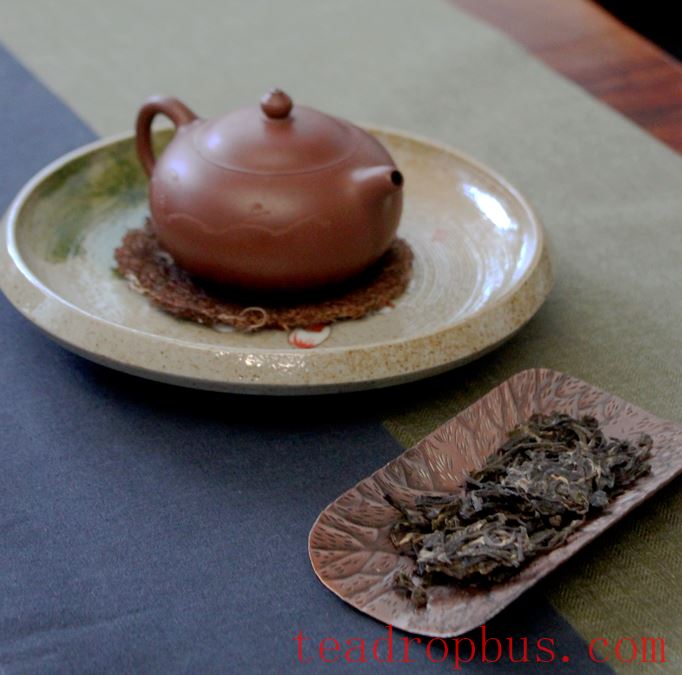
Academician Chen introduced that based on the manufacturing process, tea can be divided into Green Tea, black tea, dark tea, Oolong Tea, white tea, and yellow tea.
Green tea is the most consumed in China, followed by black tea. However, globally, black tea is the most widely consumed.
The consumption of tea varies by region, with green tea popular in Jiangsu and Zhejiang, and dark tea favored in Yunnan, Inner Mongolia, and the Xinjiang Uygur Autonomous Region.
Based on his extensive research and experience, Academician Chen offers seven tips for drinking tea:
1. Drink Different Teas Based on Your Constitution.
Green tea is cool in nature; people with poor stomachs are advised to drink black tea or aged green tea. For those struggling with obesity, oolong tea and dark tea are recommended.
2. Drink Different Teas According to the Season.
Spring is a good time for green tea, while winter calls for warming black tea. However, personal preference is the most important factor.
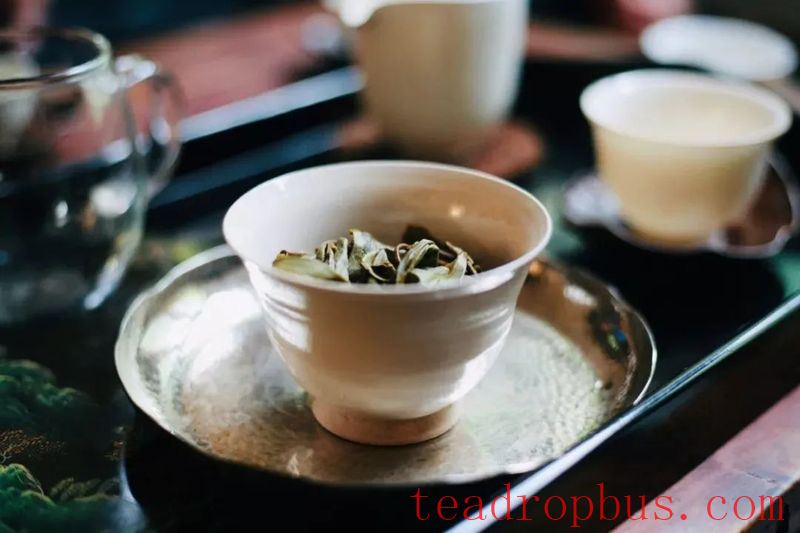
3. Brew Tea Twice or Three Times a Day.
Avoid drinking the same pot of tea all day long. Once the tea flavor fades, it should be discarded and freshly brewed. Brewing twice or three times a day is ideal.
4. Avoid Drinking Too Strong Tea.
Strong tea is not recommended, especially before bedtime. The polyphenols in strong tea can affect mineral absorption and stimulate the nervous system. A general guideline is to use 3 grams of tea leaves for 150 milliliters of water.
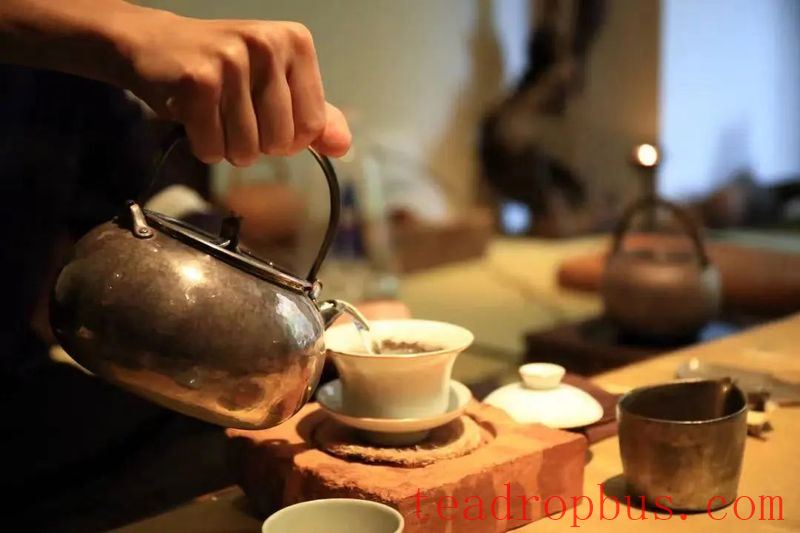
5. Brew Dark Tea and Black Tea with Boiling Water.
Some believe that brewing tea at 80°C is best to preserve polyphenols, but this is not always true. Academician Chen suggests using lower temperatures for delicate one-bud-and-one-leaf teas, while dark tea and black tea can be brewed with boiling water.
6. Do Not Drink Overnight Tea.
There is no evidence that overnight tea causes cancer, but after sitting overnight, there is likely microbial contamination, making it unsanitary. Therefore, it is not recommended to drink overnight tea.
7. Store Tea in Airtight Containers at Low Temperatures.
Academician Chen stores tea in tightly sealed containers, which he then places in a small refrigerator dedicated to storing tea. Airtight storage and low temperatures prevent oxidation of polyphenols and avoid the mixing of flavors. This method preserves the flavor of the tea for up to half a year to a year (this storage method is suitable for green tea and Tieguanyin).
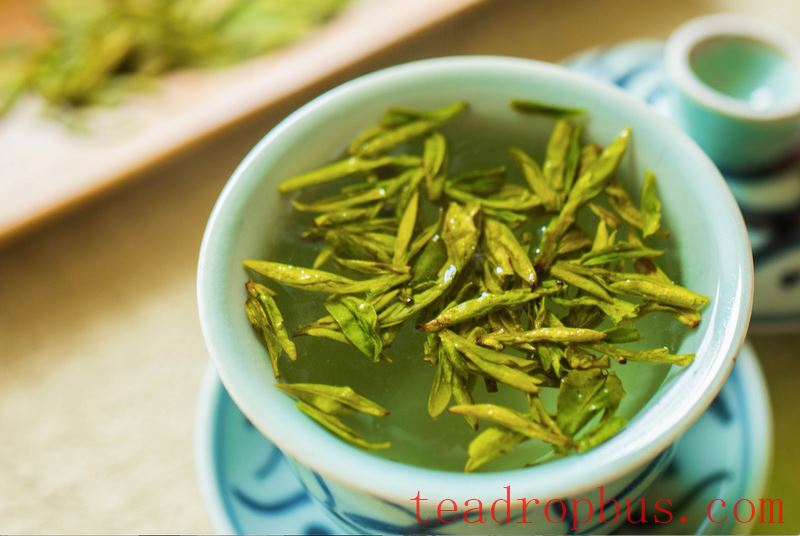
Four Key Points About Tea
According to Academician Chen, when selecting the right tea for yourself, consider the following:
01 Choose Tea Based on Personal Preference.
The younger the tea leaves, the better the quality, but they also tend to have a lighter taste. Selecting tea should depend on individual taste. For example, if you prefer a fresh and light taste, you might choose Anji White Tea; if you prefer a richer taste, you could opt for Maojian or Maofeng that undergoes a rolling process. Academician Chen prefers tea with a stronger flavor and typically selects tea with one bud and two leaves or one bud and three leaves.
02 Bagged Tea Does Not Necessarily Mean Poor Quality.
Bagged tea is often seen in hotels because it is convenient to brew and avoids having loose tea leaves in your mouth. High-quality tea abroad is usually packaged in tea bags for convenience. The use of tea bags does not indicate the quality of the tea.
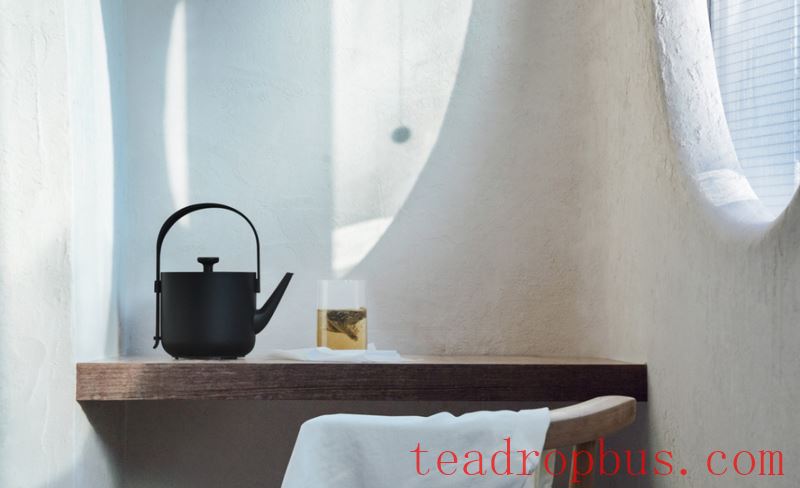
03 Do Not Be Distracted by Fancy Packaging.
Sometimes beautifully packaged tea is expensive, but the quality may not be great. Price is not necessarily a measure of tea quality. Basic moisture-proof packaging is sufficient.
04 Prefer Large Brands.
Tea from large brands tends to be more reliable in terms of quality. When choosing tea from the same brand, try to select spring tea and young tea, or tea picked later in the spring season.
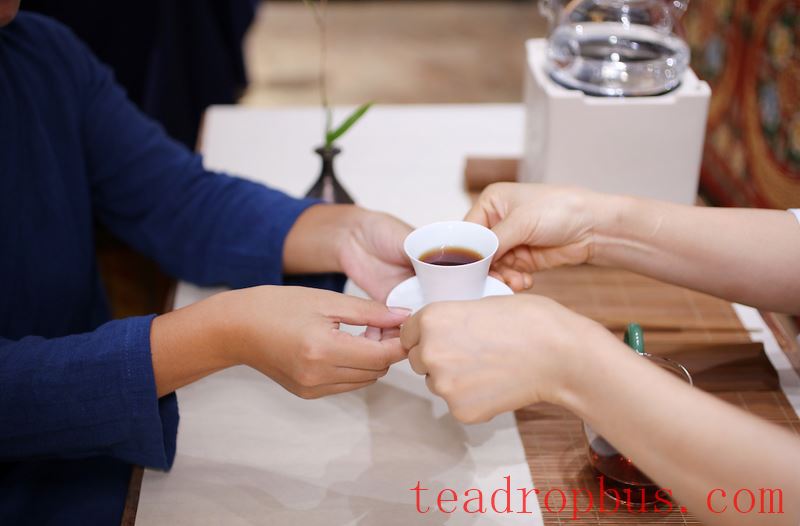
In recent years, issues such as pesticide residues, lead, and fluoride exceeding safety limits in tea have frequently appeared in news reports. Academician Chen states that concerns about the safety of tea are often exaggerated, and it remains safe to drink.
If there are any copyright issues, please contact us for removal.